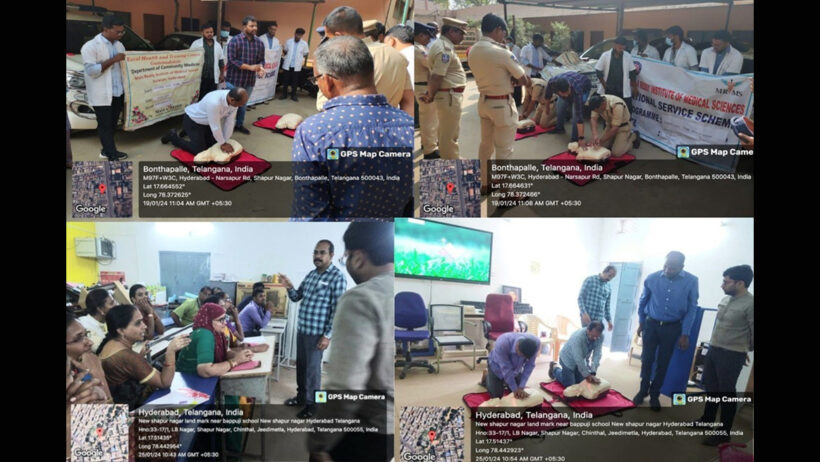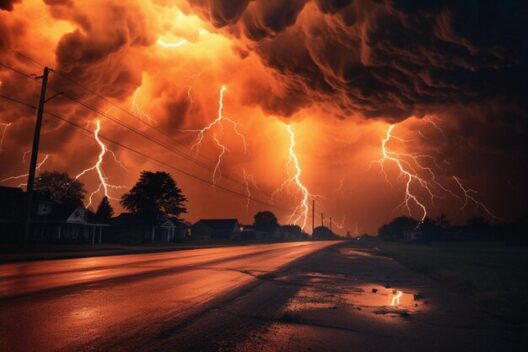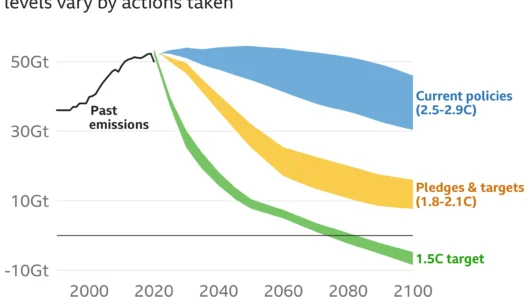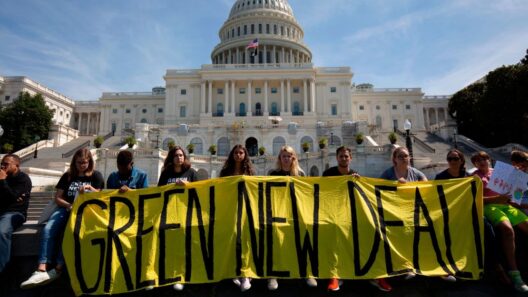Indonesia, an archipelago of over 17,000 islands, is not just renowned for its breathtaking biodiversity; it is also a tapestry of communities attuned to the pressing realities of climate change. These communities, often hailed as climate heroes, have embarked on transformative journeys that merge tradition with innovation, empowering themselves to cultivate sustainable practices while simultaneously confronting the dire threats posed by climate change.
In the face of escalating deforestation, rising sea levels, and unpredictable weather patterns, community-driven initiatives in Indonesia have emerged as a beacon of hope. The Indonesian government, alongside non-governmental organizations and local leaders, has recognized that fostering resilience is not solely about technological solutions; it is about harnessing the power of local wisdom and cultural heritage. This realization has instigated a shift, focusing on grassroots movements that recognize the interconnectedness of environmental health and community well-being.
One prominent aspect of this empowerment is the active engagement in reforestation projects. Local communities have initiated programs to restore degraded lands, utilizing indigenous species of plants that are naturally adapted to the local ecosystem. This not only helps in carbon sequestration but also reinstates natural habitats for countless species. The indigenous knowledge surrounding these native plants ensures that the reforestation efforts are sustainable and in harmony with the local environment. Communities have found that not only do these initiatives rejuvenate the landscape, but they also enhance their livelihoods, providing timber, fruits, and other resources sustainably.
Furthermore, the proliferation of “eco-villages” stands as a testament to the ingenuity of Indonesian communities. These villages are not merely a collection of houses; they are designed with a vision of sustainability. Utilizing renewable energy sources such as solar panels, these communities bolster their energy independence while significantly reducing their carbon footprint. This model not only curbs dependency on fossil fuels but also serves as a prototype for others seeking to cultivate a more resilient and sustainable future. The transition to renewable energy fosters community cooperation, allowing individuals to share knowledge and resources, thereby strengthening social bonds.
Education plays an instrumental role in instilling a sense of climate stewardship. Local schools have started integrating environmental education into their curricula, teaching children the importance of biodiversity, conservation, and sustainable practices from a young age. Programs like these not only cultivate informed generations but also encourage children to take active roles in community initiatives. By involving youth in projects such as community gardens or waste management, a deeper understanding of eco-consciousness is achieved, ensuring that the ethos of sustainability is passed down through generations.
An essential part of the discourse surrounding Indonesia’s climate heroes is their approach to waste management. Traditional methods, often rooted in local customs, have been revived and reimagined through modern lenses. Initiatives such as community recycling centers and upcycling workshops have emerged, empowering community members to view waste not as a burden but as a resource. This paradigm shift fosters creativity and innovation, as individuals are encouraged to repurpose materials that were once discarded. By transforming waste into valuable commodities, communities enhance their economic stability while simultaneously addressing environmental degradation.
Moreover, indigenous communities in Indonesia uniquely imbue their environmental initiatives with a rich cultural heritage that fosters connection and community. The concept of “Kearifan Lokal,” or local wisdom, is paramount in these efforts. Local leaders and elders often serve as custodians of this knowledge, guiding community-driven initiatives based on ancestral practices. This cultural reverence for the land encourages sustainable stewardship and reinforces the bond between people and nature. The wisdom passed through generations ensures that methods for conserving water, managing land, and nurturing biodiversity are deeply respected and adhered to.
Indonesia’s climate heroes are not limited to rural areas; urban initiatives are flourishing as well. In cities like Jakarta, grassroots movements advocate for urban green spaces, which contribute significantly to carbon absorption and enhance the overall quality of life. Urban gardening initiatives, rooftop farms, and community parks are becoming focal points for engagement, allowing city dwellers to reconnect with nature amidst the concrete jungle. These projects not only mitigate urban heat effects but also foster a communal spirit, as neighbors collaborate to cultivate shared spaces that promote both environmental sustainability and social interaction.
Recognition and support from various stakeholders—governments, NGOs, and international bodies—are integral to the triumph of these community-led initiatives. Financial backing, technical assistance, and capacity building are crucial elements that empower these grassroots movements. They instill communities with the confidence and tools necessary to forge ahead with their sustainability efforts. As such, it is imperative that these collaborations continue, ensuring that marginalized voices are amplified, driving collective action against climate change.
In conclusion, Indonesia’s climate heroes are emblematic of the power of community in the face of existential threats posed by climate change. They embody a profound understanding that sustainability is not merely an individual pursuit but a collective endeavor. By prioritizing local knowledge, preserving cultural practices, and fostering inclusive engagement across diverse communities, Indonesia is paving the way for a sustainable future that respects both the planet and its people. As these communities persist in their resilience, their stories serve as an unwavering reminder of the transformative power of local action combined with global responsibility.








